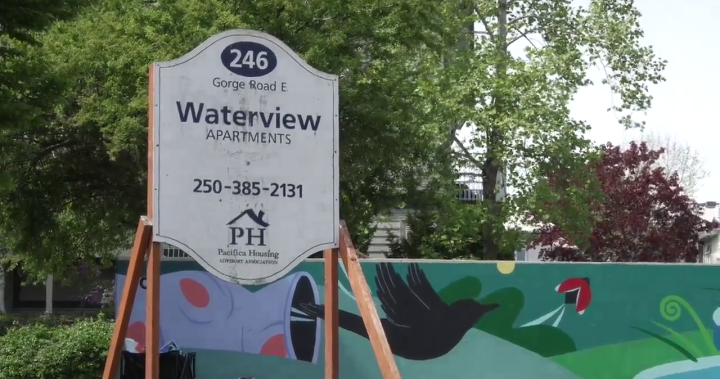In a significant shift that could reshape housing policies across British Columbia, provincial officials are examining fundamental changes to the Residential Tenancy Act as it applies to supportive housing facilities. The potential reforms come amid mounting concerns about safety, violence, and property damage that have plagued several supportive housing sites throughout the province.
“What we’re seeing is an escalation of incidents that compromise both resident and community safety,” said Jennifer Matthews, housing policy analyst with the BC Housing Coalition. “The current framework simply doesn’t provide the tools needed to address these complex situations effectively.”
The provincial housing ministry confirmed this week that it’s reviewing potential amendments that would give supportive housing operators greater flexibility to respond to dangerous behaviors while maintaining housing stability for vulnerable populations. This delicate balancing act reflects the challenging reality that supportive housing serves individuals with multiple barriers including mental health conditions, substance use disorders, and histories of homelessness.
Current regulations under the Residential Tenancy Act make it exceedingly difficult for housing providers to address problematic behaviors promptly. Under existing rules, the eviction process can stretch for months, even in cases involving violence or serious property destruction, leaving other residents and surrounding neighborhoods vulnerable.
BC Housing Minister Ravi Kahlon acknowledged the complexity of the situation in a statement to CO24 News: “We recognize that supportive housing plays a crucial role in our housing continuum, but we must also ensure these environments remain safe for all residents and surrounding communities.”
The proposed changes would create specialized provisions for supportive housing facilities, potentially allowing for more immediate interventions when safety is compromised. Housing advocates emphasize that any modifications must include robust safeguards to prevent misuse and ensure residents aren’t unfairly displaced.
“We can’t simply make evictions easier without addressing where these individuals will go next,” noted Dr. Sarah Chen, housing security researcher at the University of British Columbia. “The goal should be creating safer supportive housing, not pushing vulnerable people back onto the streets.”
According to data from the Ministry of Housing, BC currently operates over 3,500 supportive housing units across the province, with plans to expand capacity by an additional 1,200 units by 2025. These facilities provide not just shelter but crucial services including mental health support, substance use treatment, and life skills development.
Several municipalities have reported challenges with existing supportive housing sites. In Victoria, police calls to certain facilities have increased by 47% over the past two years, while in Kelowna, neighborhood complaints about one supportive housing complex tripled between 2021 and 2023.
The potential legislative changes have drawn mixed reactions from community groups. Advocates for affordable housing warn against measures that might further marginalize vulnerable populations, while neighborhood associations argue that current policies fail to protect community safety and property values.
“This isn’t about criminalizing poverty or addiction,” said Michael Torres, spokesperson for the Victoria Community Alliance. “It’s about creating accountable systems where everyone’s rights and safety are respected.”
Any amendments would require careful consultation with multiple stakeholders, including tenant advocacy groups, housing providers, municipal governments, and health authorities. The province has indicated that formal consultations will begin this summer, with potential legislative changes introduced by early 2025.
As British Columbia grapples with these complex housing challenges, the fundamental question remains: how can we create supportive housing systems that provide stability for vulnerable residents while ensuring safety for everyone involved? The answer may require reimagining not just tenancy laws, but our entire approach to housing as a human right.










